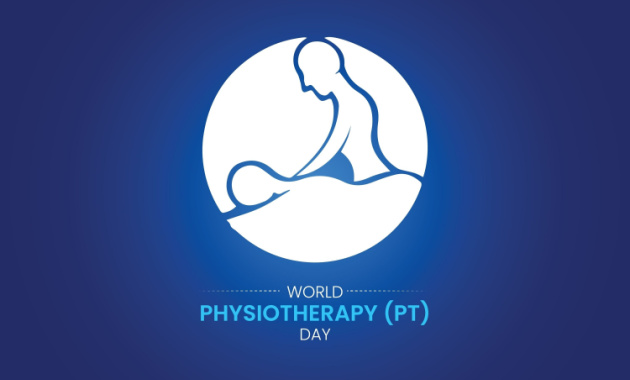
World Physiotherapy Day, celebrated annually on September 8th, is a global observance that highlights the crucial role of physiotherapists in healthcare and rehabilitation. This day carries profound significance for individuals living with arthritis, as physiotherapy plays a vital role in managing this chronic condition. Arthritis is a collective term for a group of inflammatory joint diseases that affect millions of people worldwide, causing pain, stiffness, and reduced mobility. While there are various forms of arthritis, the most common types are osteoarthritis and rheumatoid arthritis.
Managing arthritis requires a multi-faceted approach, and physiotherapy plays a pivotal role in alleviating symptoms, improving joint function, and enhancing the overall quality of life for individuals affected by this condition. In this article, we will explore the essential role of physiotherapy in arthritis management, including its techniques in helping patients regain control of their lives.
The Role of Physiotherapy in Arthritis Management
Physiotherapy, also known as physical therapy, is a healthcare profession specializing in restoring and optimizing physical function and mobility. Physiotherapists, highly trained and skilled professionals, employ a wide range of therapeutic techniques, exercises, and modalities to help individuals manage pain, recover from injuries, and regain their independence. In the context of arthritis, physiotherapy plays a critical role in the following key aspects:
1. Pain Management: Chronic pain is a hallmark of arthritis and can be debilitating. Physiotherapists are experts in pain management techniques, utilizing various modalities, manual therapy, and therapeutic exercises to alleviate pain effectively. They customize treatment plans to address the specific pain sources and provide patients with strategies to manage pain independently.
2. Improvement of Joint Function: Arthritis often leads to joint stiffness and reduced range of motion. Physiotherapists design individualized rehabilitation programs aimed at restoring joint function, increasing flexibility, and enhancing overall mobility. These programs may include joint mobilizations, stretching exercises, and range of motion exercises.
3. Muscle Strengthening: Weakness in the muscles surrounding affected joints can exacerbate arthritis symptoms. Physiotherapy includes exercises to strengthen these muscles, providing better joint support and reducing pain. Muscle-strengthening exercises can also help improve joint stability.
4. Joint Protection Techniques: Physiotherapists educate patients about joint protection techniques to prevent further damage to affected joints. These techniques include proper body mechanics, ergonomic adjustments, and adaptive strategies for daily activities to reduce stress on the joints.
5. Personalized Exercise Programs: Every individual’s experience with arthritis is unique. Physiotherapists assess patients comprehensively and create tailored exercise programs that take into account their specific needs and limitations. These programs may include aerobic exercises, resistance training, and functional activities to improve overall fitness and joint health.
6. Postural Training: Proper posture is essential for individuals with arthritis, as it can reduce the load on affected joints and alleviate pain. Physiotherapists provide guidance on maintaining good posture in various daily activities.
7. Assistive Devices and Orthotics: Physiotherapists may recommend assistive devices such as canes, walkers, or orthotic devices to support joint function and mobility. These devices are customized to meet individual needs and improve independence.
8. Education and Self-Management: Physiotherapists educate patients about their condition, helping them understand the mechanisms of arthritis, its progression, and its impact on daily life. They also teach self-management strategies, empowering patients to actively participate in their care and make informed decisions about their treatment.
9. Lifestyle Modification: Physiotherapists provide guidance on lifestyle modifications, including exercise routines, dietary recommendations, and weight management strategies to alleviate the burden on weight-bearing joints.
10. Emotional and Psychological Support: Arthritis can have a significant emotional and psychological impact on individuals. Physiotherapists often address these aspects of well-being by offering emotional support, stress management techniques, and strategies for coping with the challenges of living with arthritis.
Final takeaway!
World Physiotherapy Day serves as a reminder of the important role of physiotherapists in the lives of individuals affected by arthritis. Their expertise in pain management, mobility restoration, and holistic care is instrumental in improving the quality of life for arthritis patients. Apart from this, you can take proactive steps like staying physically active, maintaining a healthy weight, protecting joints, and effectively managing medications to prevent and manage arthritis. On this special day, let us acknowledge and appreciate the dedication of physiotherapists and healthcare providers worldwide who continue to make a profound difference in the lives of individuals with arthritis.
(The article is reviewed by Monalisa Deka, Senior Health Content Editor)
References